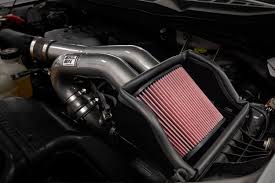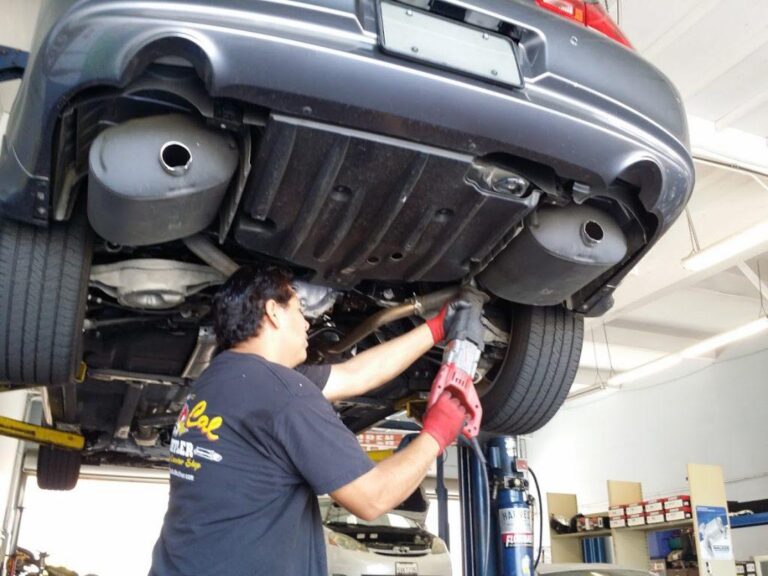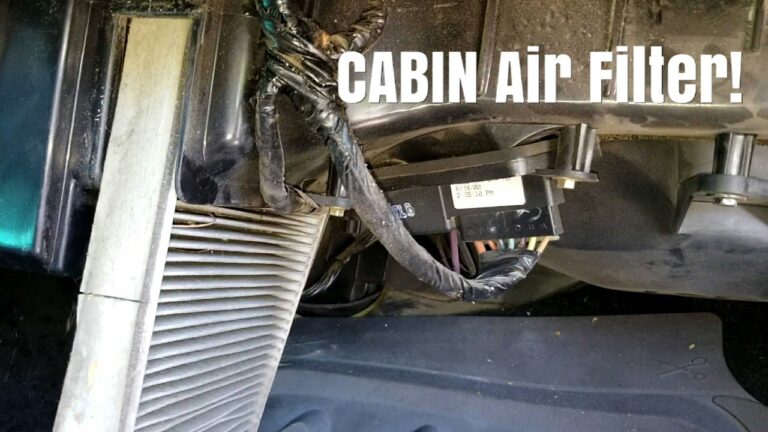Will Low Refrigerant Cause Compressor to Not Engage?

When your car’s air conditioning system isn’t cooling effectively, one possible cause could be low refrigerant levels. The refrigerant is responsible for carrying heat from inside your car to the outside, and without it, the A/C system can’t perform its job. But what happens if the refrigerant level is low? Specifically, will low refrigerant cause the compressor to not engage? Let’s explore how refrigerant levels affect the compressor and your vehicle’s A/C system.
How the Air Conditioning System Works
Before diving into the issue, it’s important to understand the role of each component in your A/C system:
- Compressor: Often referred to as the heart of the A/C system, the compressor pressurizes the refrigerant and circulates it through the system.
- Condenser: The condenser cools the refrigerant and turns it back into a liquid.
- Evaporator: The evaporator absorbs the heat from the air inside your vehicle, cooling it.
- Refrigerant: The refrigerant (often Freon) is a chemical compound that absorbs heat and helps in the cooling process.
When the A/C is turned on, the compressor pressurizes the refrigerant and sends it through the system. If there’s an issue with any part of the system, like low refrigerant, the compressor may not engage properly.
How Low Refrigerant Affects the Compressor
The compressor is designed to engage only when there’s a sufficient amount of refrigerant in the system. Here’s why:
1. Protection Mechanism
Modern A/C systems are designed with a safety mechanism to protect the compressor from damage. When the refrigerant level is too low, the pressure in the system drops. This low pressure can trigger a safety switch that prevents the compressor from turning on to avoid running it dry, which could lead to significant damage to the compressor.
2. Lack of Lubrication
Refrigerant also serves as a lubricant for the compressor. If the refrigerant is low, there may not be enough lubrication, leading to overheating and potential failure of the compressor over time.
3. Low Pressure Cutoff
Most A/C systems have a low-pressure cutoff switch. This switch monitors the refrigerant pressure, and when it gets too low, it prevents the compressor from engaging to avoid damage to the system. Therefore, if your refrigerant is low, the compressor will likely not engage at all.
Symptoms of Low Refrigerant and Compressor Issues
If your car’s A/C isn’t cooling as expected, low refrigerant could be the culprit. Common symptoms include:
1. Warm Air Blowing
The most obvious sign of low refrigerant is warm air blowing from the vents even when the A/C is on. If the refrigerant level is too low, the system will not be able to cool the air effectively.
2. A/C Compressor Not Turning On
If the refrigerant is low enough, you might notice that the compressor doesn’t turn on at all. You may even hear a clicking sound from the compressor clutch trying to engage, but nothing happens.
3. Visible Refrigerant Leaks
A refrigerant leak can be the reason for low refrigerant. If you see oil or a greasy substance near the A/C components, it could indicate a refrigerant leak.
How to Fix Low Refrigerant in Your Car
If low refrigerant is causing the compressor to not engage, you’ll need to top up the refrigerant or address the underlying issue. Here’s what you can do:
1. Check the Refrigerant Level
A professional technician can check the refrigerant level and top it up if needed. It’s essential to ensure the correct type of refrigerant is used for your car.
2. Repair Leaks
If you suspect there’s a refrigerant leak, it’s important to have it repaired. Simply adding more refrigerant without fixing the leak will lead to the same problem again.
3. Refill the Refrigerant
Once any leaks are fixed, the refrigerant level can be refilled to the proper amount. This will allow the compressor to engage and the A/C system to work properly again.
4. Replace Faulty Parts
In some cases, the issue might not just be low refrigerant. If the compressor itself is faulty or another part of the system is damaged, it may need to be replaced or repaired.
Conclusion
Yes, low refrigerant can cause the A/C compressor to not engage. The compressor requires a certain amount of refrigerant to operate safely, and if the refrigerant level is too low, the system’s safety features will prevent the compressor from running. It’s essential to check and maintain your A/C system’s refrigerant levels to ensure that the compressor works properly and your car’s air conditioning performs at its best.
FAQs
1. How do I know if my refrigerant is low?
- You may notice warm air blowing from the A/C, the compressor not engaging, or you might see signs of a refrigerant leak.
2. Can I fix low refrigerant myself?
- While it’s possible to add refrigerant yourself using a DIY kit, it’s best to consult a professional to ensure the system is properly recharged and any leaks are repaired.
3. Will a low refrigerant cause permanent damage to the compressor?
- If left unaddressed, low refrigerant levels can cause damage to the compressor due to lack of lubrication and overheating.
4. How often should I check refrigerant levels in my car?
- Refrigerant levels should be checked every 1-2 years or whenever you notice A/C performance issues. Regular maintenance can prevent issues with low refrigerant.
5. Can I drive with low refrigerant?
- It’s not advisable to drive with low refrigerant, as it can lead to long-term damage to the A/C system and even the compressor. Have it checked and recharged as soon as possible.





